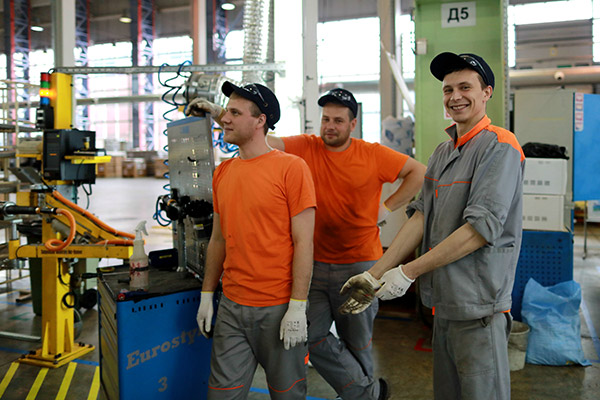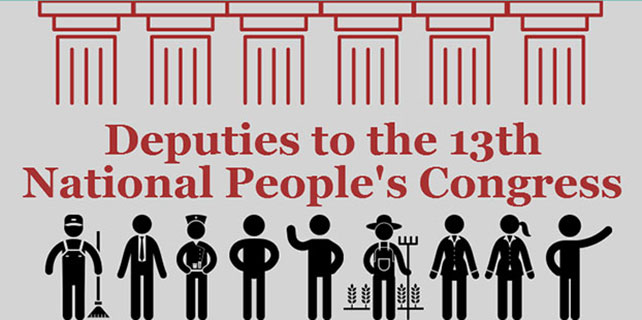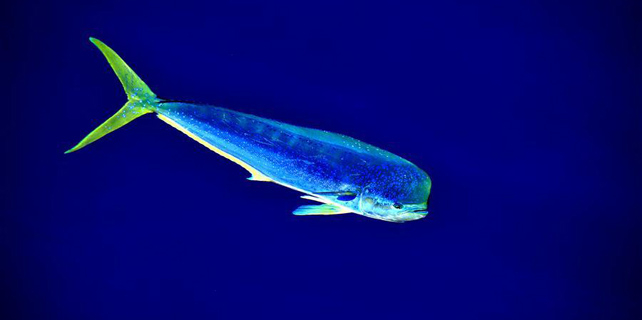Countries look to extend economic cooperation
 |
|
Employees work on a production line in an car factory in Vladivostok, Russia. [Photo/China Daily] |
China and Russia could break the mold for economic cooperation by coordinating development of the Belt and Road Initiative and the Eurasian Economic Union, according to Chinese observers.
The May 8 agreement reached by President Xi Jinping and Russian President Vladimir Putin on their respective strategies is expected to lead to a new regional cooperation model for China, Russia and the core Central Asian nations of Kazakhstan, Uzbekistan, Kyrgyzstan, Tajikistan and Turkmenistan.
Yang Cheng, deputy director of the center for Russian studies at East China Normal University in Shanghai, said Western media, think tanks and governments have claimed that such coordination will not last, and there are likely to be many conflicts of interest between the Belt and Road Initiative and the EEU.
However, he added that no one can deny China is attempting to forge new cooperation mechanisms with Russia, Kazakhstan and Belarus, which, along with Armenia and Kyrgyzstan, make up the EEU, and seek connections with the Belt and Road Initiative.
"This point has been proved by the agreement between Xi and Putin that China and the EEU will construct free trade zones," Yang said. "In 2003, China tried to promote a free trade zone among members of the Shanghai Cooperation Organization (China, Russia, Kazakhstan, Kyrgyzstan, Uzbekistan and Tajikistan), but the response wasn't positive."
Ding Peihua, a researcher at the Shanghai Academy of Social Sciences' institute of international relations, said the presidents' agreement on the Belt and Road Initiative and EEU coordination is an expansion of existing Sino-Russian cooperation.
Aligning the strategies will help to ensure that the cooperation involves more partners and ultimately lasts longer.
"It will update the scale and quality of regional cooperation. Enthusiasm will rise on both sides," Ding said. "For China, this alignment is a way of making full use of its geographical advantages."
He said the alignment also faces difficulties: "For example, the main members of the EEU are Russia and Kazakhstan, whose economies are suffering from a downturn and low oil prices, meaning their ability to cooperate economically has been weakened."
Yang said comprehensive coordination between the Chinese and Russian initiatives will require the involvement of more countries, such as Kazakhstan, Kyrgyzstan and other Central Asian economies.
- Bank of Russia opens Beijing office
- Russia's Gazprom to start supplying gas to China in 2019
- Chinese smartphones grow more popular in Russia
- Russian expert says China's Belt and Road Initiative counters anti-globalization
- China, Russia to cooperate on marine high tech to serve Belt and Road Initiative
















